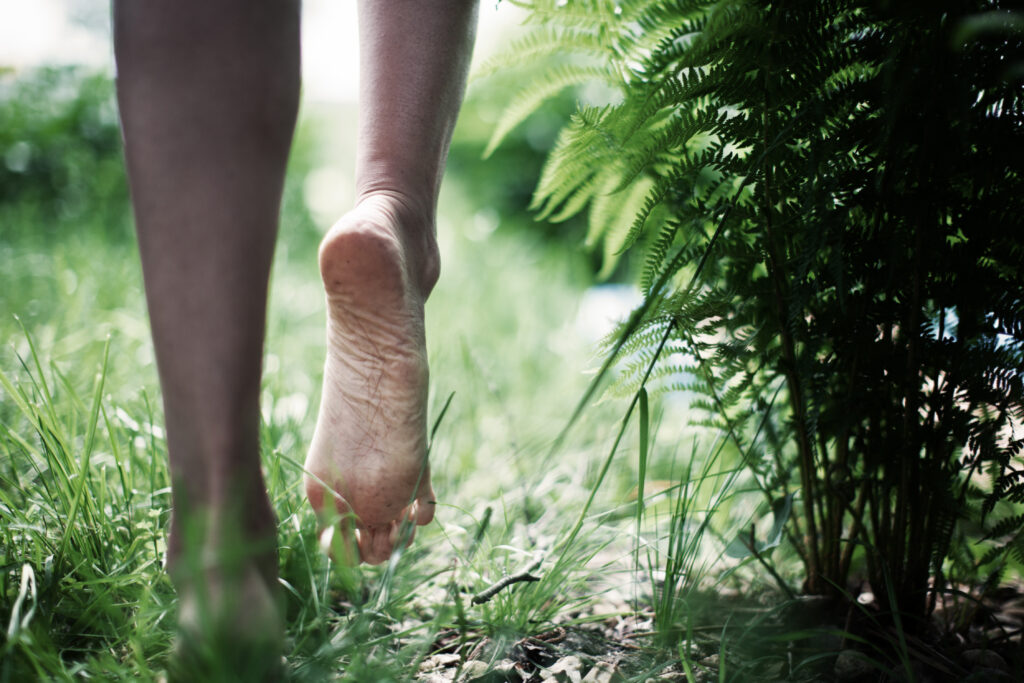Reflexology is an ancient practice with roots stretching back over 3,000 years, having been used in both India and China. Evidence of reflexology was also found in Egypt, where a wall painting depicting hand and foot pressure massage was discovered in a physician’s tomb dating to 2330 BC.
The therapy’s modern form was established in America by Dr. William Fitzgerald (1872-1942), a physician who introduced practical courses and seminars that helped popularize reflexology. Over the years, practitioners have refined and expanded upon his techniques, shaping reflexology into a specialized field.
Reduces feelings of stress and calms and soothes
Relaxes body and mind
Encourages elimination and detoxification
Improves circulation
Assist the body in maintaining a balanced state
Today, reflexology is valued for its holistic approach, helping keep the body balanced by combining a deep understanding of body systems with strategic, targeted techniques.
Step into our wellness community by signing up for our newsletter!
The mechanism of reflexology results in changes in body physiology and stimulates the defense mechanism and healing potential.
Reflexology has no contraindications; however, you may experience a response to the treatment due to natural changes in body physiology that can initiate a healing process. To support detoxification, it’s essential to drink plenty of water following your session.
Your reflexologist will discuss any immediate or delayed responses you might notice, which can occur up to 48 hours post-treatment.
While reflexologists are not doctors and cannot diagnose, prescribe, or treat specific medical conditions, reflexology can help relax tension, improve blood and nerve flow throughout the body, and promote overall balance to reduce discomfort or “dis-ease” within the body.
